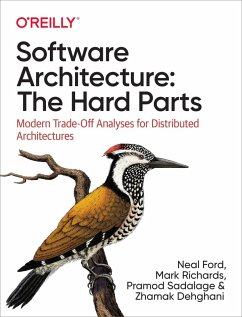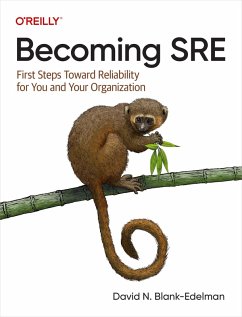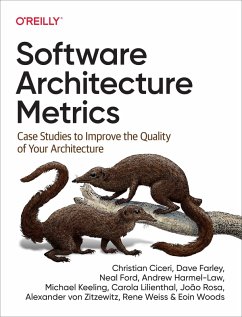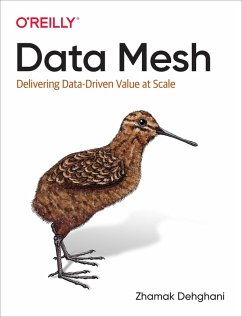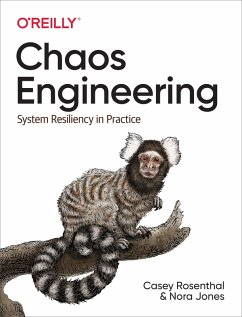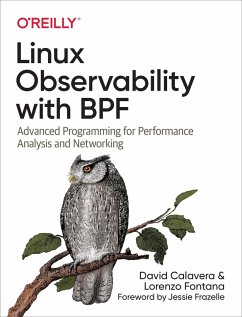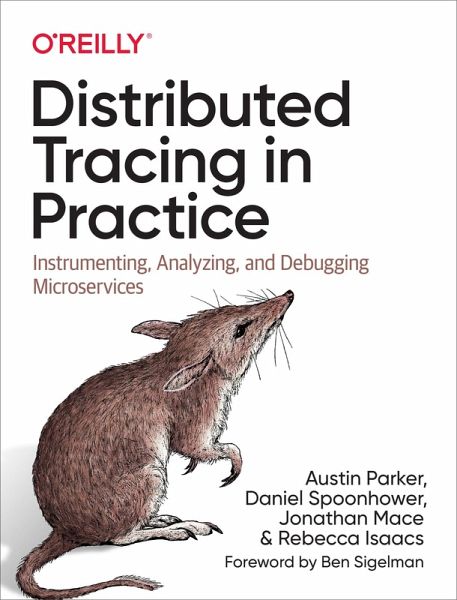
Distributed Tracing in Practice (eBook, PDF)
Instrumenting, Analyzing, and Debugging Microservices
Versandkostenfrei!
Sofort per Download lieferbar
35,95 €
inkl. MwSt.
Weitere Ausgaben:

PAYBACK Punkte
18 °P sammeln!
Since most applications today are distributed in some fashion, monitoring their health and performance requires a new approach. Enter distributed tracing, a method of profiling and monitoring distributed applicationsparticularly those that use microservice architectures. There's just one problem: distributed tracing can be hard. But it doesn't have to be. With this guide, you'll learn what distributed tracing is and how to use it to understand the performance and operation of your software. Key players at LightStep and other organizations walk you through instrumenting your code for tracing, c...
Since most applications today are distributed in some fashion, monitoring their health and performance requires a new approach. Enter distributed tracing, a method of profiling and monitoring distributed applicationsparticularly those that use microservice architectures. There's just one problem: distributed tracing can be hard. But it doesn't have to be. With this guide, you'll learn what distributed tracing is and how to use it to understand the performance and operation of your software. Key players at LightStep and other organizations walk you through instrumenting your code for tracing, collecting the data that your instrumentation produces, and turning it into useful operational insights. If you want to implement distributed tracing, this book tells you what you need to know.
You'll learn:
- The pieces of a distributed tracing deployment: instrumentation, data collection, and analysis
- Best practices for instrumentation: methods for generating trace data from your services
- How to deal with (or avoid) overhead using sampling and other techniques
- How to use distributed tracing to improve baseline performance and to mitigate regressions quickly
- Where distributed tracing is headed in the future
Dieser Download kann aus rechtlichen Gründen nur mit Rechnungsadresse in A, B, BG, CY, CZ, D, DK, EW, E, FIN, F, GR, HR, H, IRL, I, LT, L, LR, M, NL, PL, P, R, S, SLO, SK ausgeliefert werden.




